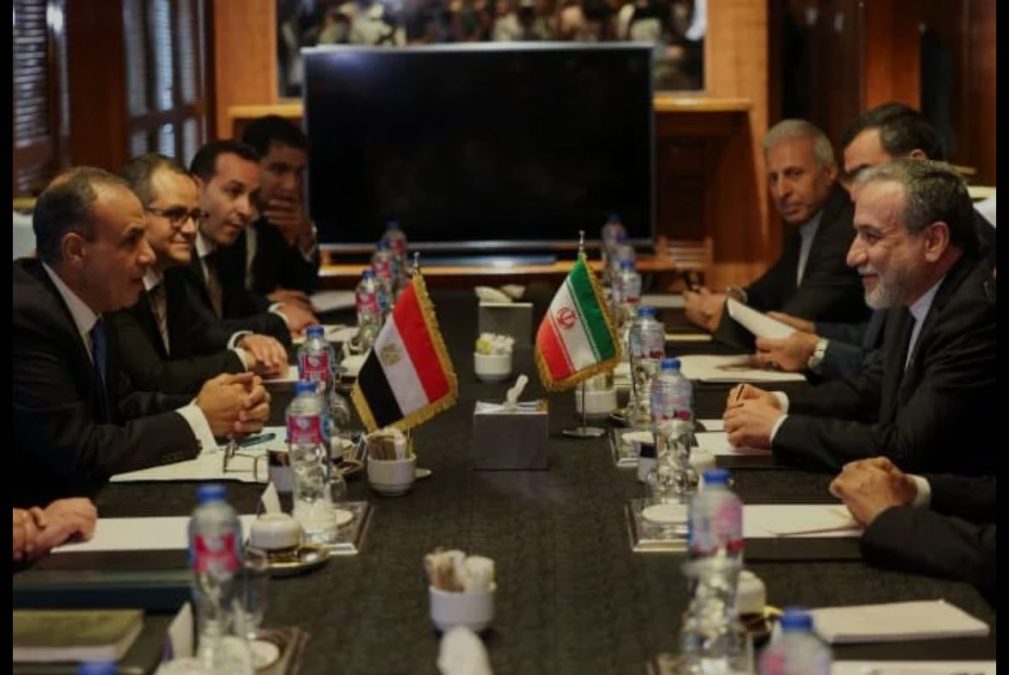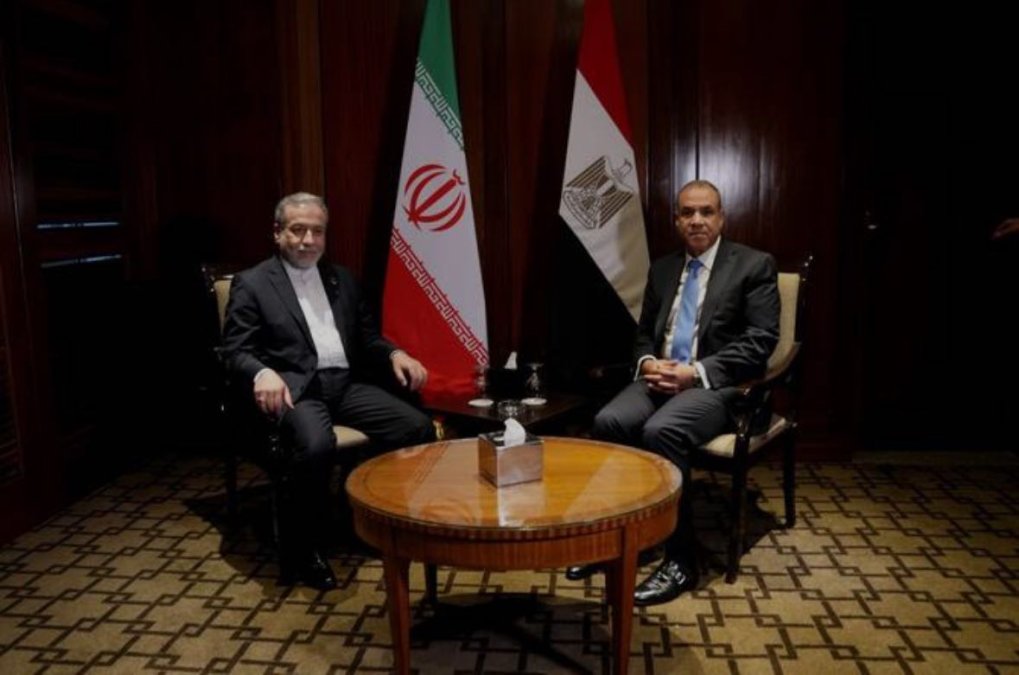Can Egypt Untangle Iran’s Nuclear Knot?
Can Egypt Untangle Iran’s Nuclear Knot?
In its ongoing efforts to redefine its regional role in Middle Eastern political dynamics, Cairo has once again turned to one of the most complex and sensitive international dossiers: Iran’s nuclear program.
In an analytical report, Saeed Aghanji, editor-in-chief of IranGate News Agency, examines new dimensions of Egypt’s diplomatic movements. These movements began with official contacts by Egypt’s Foreign Minister with officials from Iran, the International Atomic Energy Agency, and the United States, indicating a serious effort to play an active role in reviving nuclear negotiations.
This report provides a detailed look at Cairo’s position in regional diplomatic competition, its internal and external challenges, and the limitations and opportunities seen in Egypt’s mediation path between Tehran and the West—a role that, despite Egypt’s historical diplomacy, remains shrouded in ambiguity and doubt.
Cairo’s diplomatic consultations regarding Iran’s nuclear dossier are an effort to revive Egypt’s regional role.
On Saturday, Egypt’s Ministry of Foreign Affairs officially announced that Badr Abdel Aty, the country’s Foreign Minister, in separate contacts with Seyed Abbas Araghchi, Iran’s Deputy Foreign Minister, Rafael Grossi, Director-General of the International Atomic Energy Agency, and Steve Vitkoff, the U.S. government’s special envoy for Middle Eastern affairs, exchanged views on the latest developments concerning Iran’s nuclear dossier.
The statement noted that these contacts were made as part of Egypt’s ongoing efforts to support regional stability and security and to strengthen dialogue processes following the Cairo agreement between Tehran and the International Atomic Energy Agency, signed on September 9.
According to Egypt’s Ministry of Foreign Affairs, these consultations emphasized the need to continue efforts to de-escalate tensions, build trust, and create the necessary groundwork for resuming negotiations between the Islamic Republic of Iran and the United States.
The parties also agreed to continue examining proposed ideas to achieve progress toward a comprehensive agreement.
Informed sources in Cairo also emphasize that these contacts are part of Egypt’s intensive consultations with regional and international parties so that Cairo can once again play an active role in one of the most complex Middle Eastern dossiers.
Egypt’s Efforts to Revive Its Regional Mediator Role

The renewed idea of Egypt’s mediation in Iran’s nuclear dossier can be considered part of Cairo’s strategy to increase its diplomatic influence in regional developments.
This is while Egypt had previously played a facilitating role in the formation of the Cairo agreement between Tehran and the Agency, an agreement that led to reduced tensions and the return of the Agency’s technical inspectors to some of Iran’s nuclear sites.
Now, following new developments such as the Sharm El-Sheikh summit aimed at ending the Gaza war, Cairo has reached a level of diplomatic confidence.
Egypt seeks to play a more effective role in other key regional dossiers by leveraging its relative success in managing the Gaza crisis, with Iran’s nuclear dossier being among the most important.
In recent months, Cairo has sought to define an independent position for itself alongside other regional players such as Oman, Qatar, and Saudi Arabia.
Egypt, relying on balanced relations with Western countries, Iran, and other Arab countries, aims to establish itself as a moderate and trustworthy mediator, capable of acting as a connecting link in multilateral talks.
However, Cairo is more focused on rebuilding its international image than equipped with practical tools to advance this role.
Domestic economic challenges, security risks on its western and southern borders, and increasing competition with players like Doha and Muscat have complicated Cairo’s position in playing an effective role. Thus, Egypt’s entry into the sensitive Iran and Agency dossier comes with strategic opportunities and serious risks.
Challenges, Resolutions, and Doubts About Cairo’s Mediation Success
Despite extensive diplomatic efforts, the prospect of Egypt’s success in reviving nuclear talks does not seem bright. The return of UN Security Council resolutions against Tehran and the practical halt of the Cairo agreement between Iran and the Agency have once again brought the negotiation path to the brink of a deadlock.
From Iran’s perspective, without lifting pressures and removing political approaches towards the nuclear dossier, no negotiations with the West will be fruitful. On the other hand, the United States and the European troika currently have little desire to offer new incentives and prefer to continue relying on pressure levers.
In this situation, the capacity of players like Egypt for effective mediation is assessed as limited. Cairo lacks the economic capability and political influence necessary to provide credible guarantees to the parties and is mainly perceived as a soft communication channel rather than a decisive factor in developments.
With the intensification of distrust between Tehran and the Agency and the increase in political pressures from the West, even Egypt’s sincere actions will not be able to overcome fundamental obstacles. Analysts believe that until an international context for compromise is provided, no regional mediator, not even Egypt with its history of multilateral diplomacy, will be able to resolve this crisis.
On this basis, although the recent contacts by Egypt’s Foreign Minister can be seen as a sign of Cairo’s renewed efforts to reclaim its pivotal role in regional diplomacy, it seems realistic that these efforts will not lead to tangible achievements in the short term.
The day that could have marked the beginning of a new path for constructive dialogue between Tehran and the West is currently recorded in the Middle Eastern political calendar as a missed opportunity.

